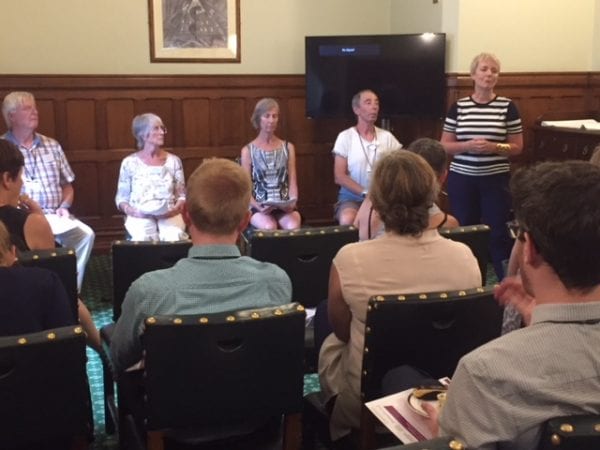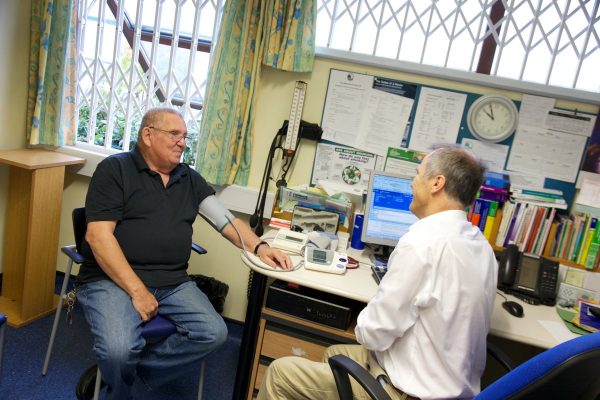
Dr Matt Rigby, Reader in Atmospheric Chemistry, University of Bristol
How much greenhouse gas is emitted by any individual country? With global emissions of carbon dioxide hitting a record of 36.8 billion tonnes this year, and delegates gathering in Madrid for the latest UN climate talks, it’s a pressing question.
One might assume that we know precisely how much is emitted by any given country, and that such figures are rigorously cross-checked and scrutinised. And in some respects, this is true – countries are required to report their emissions to the UN, based on exhaustive guidelines and with reams of supporting data.
Yet these reports are based on what are known as inventory (or “bottom-up”) methods. To simplify, this means that governments figure out how much greenhouse gas is emitted by a typical car, cow, or coal plant, and then add up all the cows, cars and so on to get an overall emissions figure. Continue reading



 ‘Old? What is old? I don’t feel old! Old is nearly dead. Look at me, do I look nearly dead to you?!’
‘Old? What is old? I don’t feel old! Old is nearly dead. Look at me, do I look nearly dead to you?!’

 by
by 




